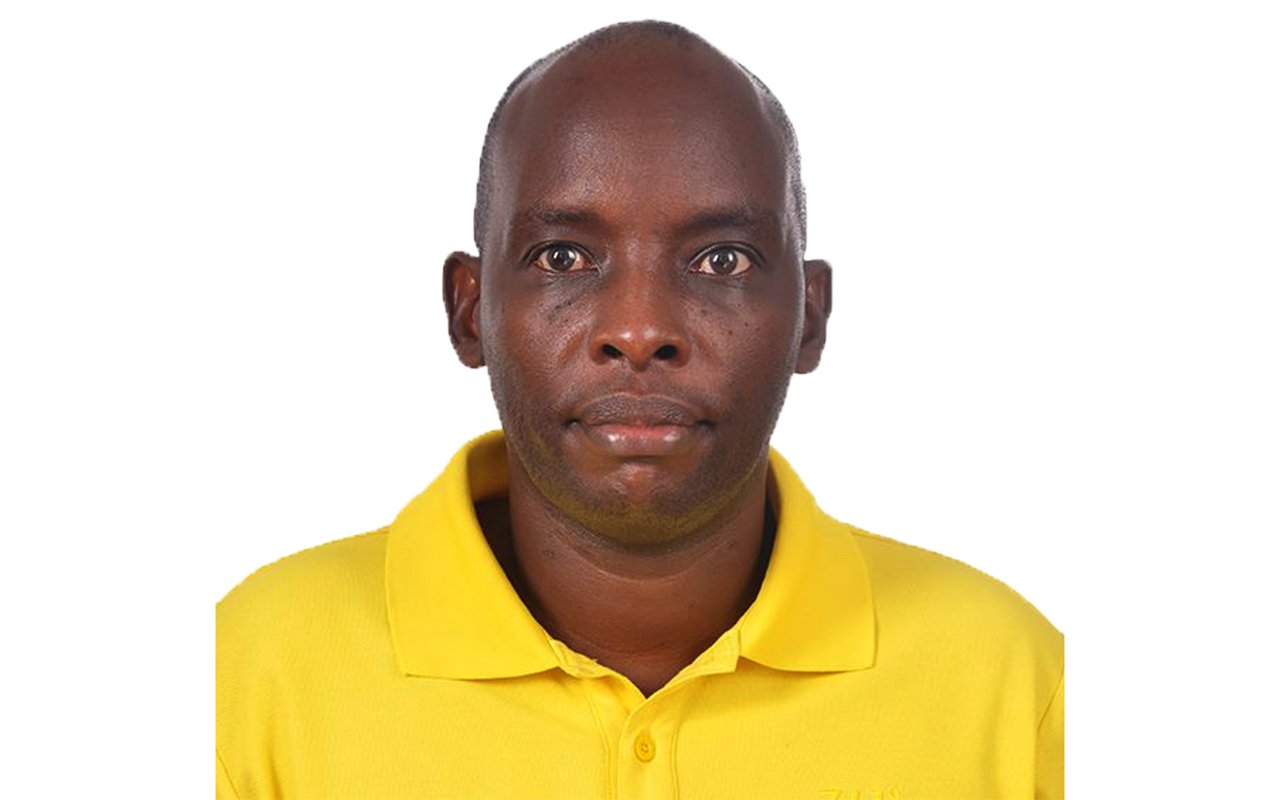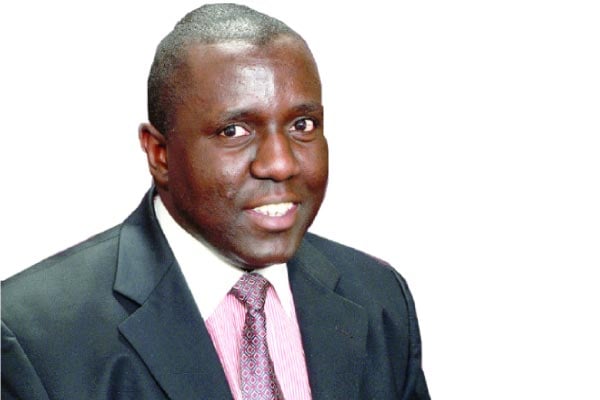
Mr Andrew Mafundo. Photo/Courtesy
In a country where the echoes of the people’s cries seem to fall on deaf ears, the Uganda Parliament’s misplaced priorities have once again taken centre stage.
The Parliament has announced its decision to hold sittings in four different regions of Uganda, claiming that the initiative is intended to raise awareness about the role and responsibilities of Members of Parliament and showcase their impact on local issues.
This argument does not only serve as a mere band-aid solution to addressing systemic problems but also simply showcases Parliament as “their legislature” without adequately confronting the deeper concerns regarding transparency, accountability, and inclusivity. It fails to nurture genuine trust and understanding between MPs and voters.
Regrettably, this ludicrous decision comes at a time when the country is grappling with a myriad of pressing issues, including a dire need for improved social services, especially healthcare access, education quality, crumbling infrastructure, businesses on the brink of collapse due to exorbitant taxes, and rampant corruption within the Parliament itself.
It is one of the many glaring examples of government’s misplaced priorities that reeks of our politicians’ irrational priorities and showcases an awful disconnect from the realities faced by ordinary Ugandans. 557 Members of Parliament and around 200 staff are prepared to burn billions of taxpayers’ money as the people they are meant to represent continue to suffer from a lack of basic services and a pervasive sense of neglect.
Like other arms of government, the social contract between leaders and citizens appears to be fraying, as evidenced by the widening gap between them and the mounting disillusionment and frustration among Ugandans. The Parliament appears fixated on an agenda that overlooks the daily realities faced by the majority of Ugandans. One cannot help but question when the Parliament, particularly its leadership, will prioritise the issues that truly matter to the people.
The deafening silence of the government in the face of mounting challenges faced by Ugandans is a cause for concern and calls for urgent action to bridge the growing divide. By turning a deaf ear to the cries of the populace, the government risks not only losing the trust of the citizens but also threatens the very fabric of democracy in Uganda.
Parliament’s regional sittings cannot be the effective way to address the socio-economic challenges facing Ugandans. If indeed Parliament, as a fountain of democracy and a pro-people institution, was interested in engaging citizens and getting closer to them, one must question why it is scared of citizens’ demonstrations such as when it recently denied youth access to present their petitions about parliamentary corruption. The essence of democracy lies in citizens’ ability to hold their representatives accountable, and any obstruction of this fundamental right undermines the democratic process.
Since the first Arab Spring, Africa’s youth-led movements against corruption and human rights abuses are growing on the youngest continent in the world, where 70 percent of the population are under the age of 30 and it should serve as a wake-up call for governments worldwide.
Uganda’s reliance on the elite’s transactional politics approach to governance cannot trigger much-needed reforms and prevent the escalation of tensions that lead to unrest. Leaders must heed the warning signs and not wait until it is too late to respond to the legitimate demands of their constituents. Countries like Sri Lanka, Kenya and Bangladesh have learned this lesson the hard way – ignoring public grievances can have severe repercussions on stability of a country and true engagement and accountability of political leaders can only be achieved through a genuine commitment to listening to the voices of the people and addressing their needs and grievances.
As the first regional parliamentary session draws closer, the stark question remains: will the Parliament finally heed the calls of the people, or will the cycle of misplaced priorities and disregard for the populace persist? The answer lies in the actions taken in the days ahead.
Andrew Mafundo is the executive director of Citizens’ Concern Africa (CICOA).







